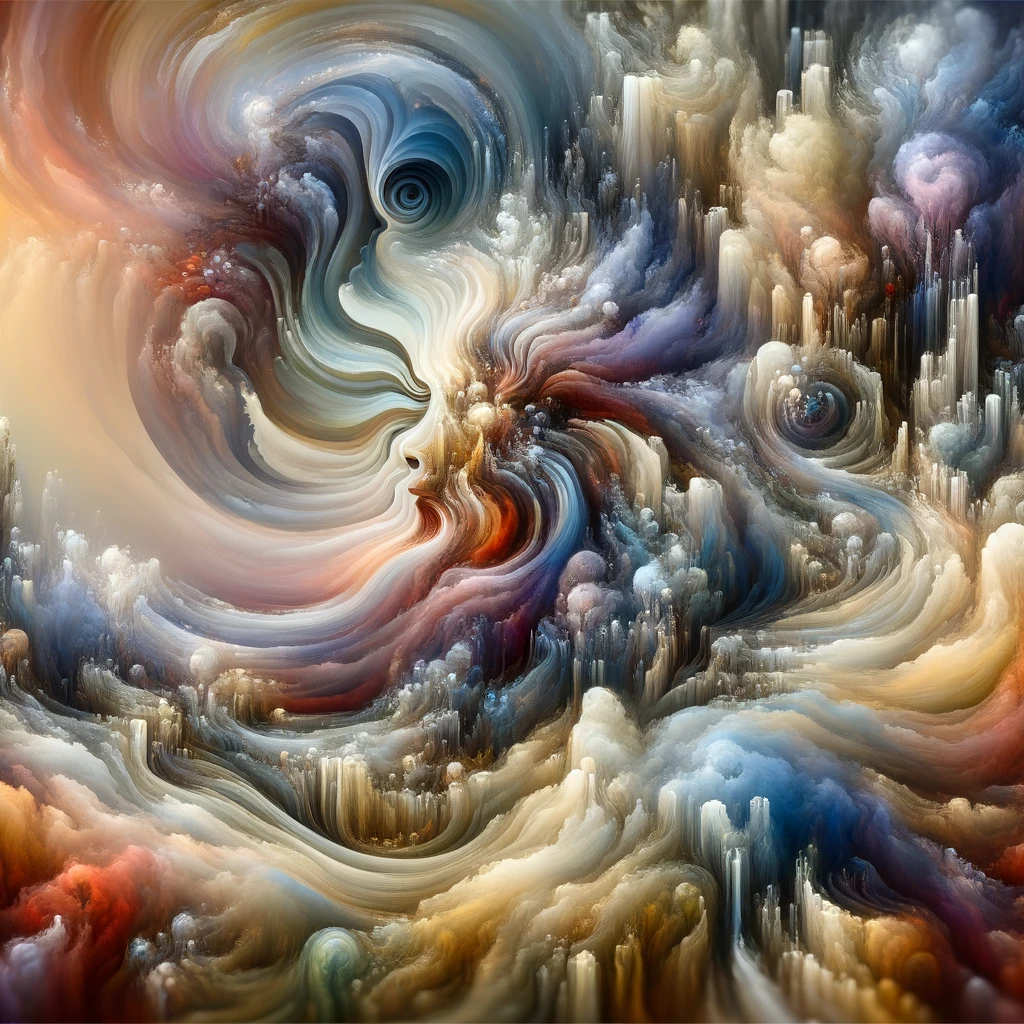This is the start of a new project on the philosophy of thought, which aims to connect a line of epistemological genealogy from Henry Bergson to Niels Bohr. As such, it is only a position, and I hope it generates something thought-provoking.
The business of truth-seeking can be pretty daunting and radical. Closing oneself against the „what-ifs“ of imagination could draw us into one-dimensional thinking. „What-ifs“ that, at first look, might not be true at all but open up a virtual passage to something profoundly and frighteningly natural.
When I look at an apple with hunger, the craving shapes part of the truth in the apple. To imagine another reality in an apple, I need to look at it after the painter wills it so that my will, born out of hunger, cannot take part in the relation with the painted apple only by appreciating its form and color, its apples. The painted apple in the eyes of the observer represents a different truth in the apple than the hungry author.
Now, if we assume there is no individuality and, beyond a shadow of a doubt, believe this, even suspend any disbelief we might have about this assumption, what would happen to the world? The world can suddenly be represented as constantly eating itself, reproducing itself in the process. The prey cells the predator consumes become the predator, and there will be no clear-cut boundary.
Put the individuality back in the proposal. What do we get? Was individuality a response to a world traumatized by its horrifying cannibalistic nature? Is individualism protection against a horrific reality?
The property of such an analysis is that because reality collapses to a singularity after applying the instrument of “omitting individuality,” adding “individuality” to the mix will not lead to the same logical conclusion as when individuality was included to begin with.

